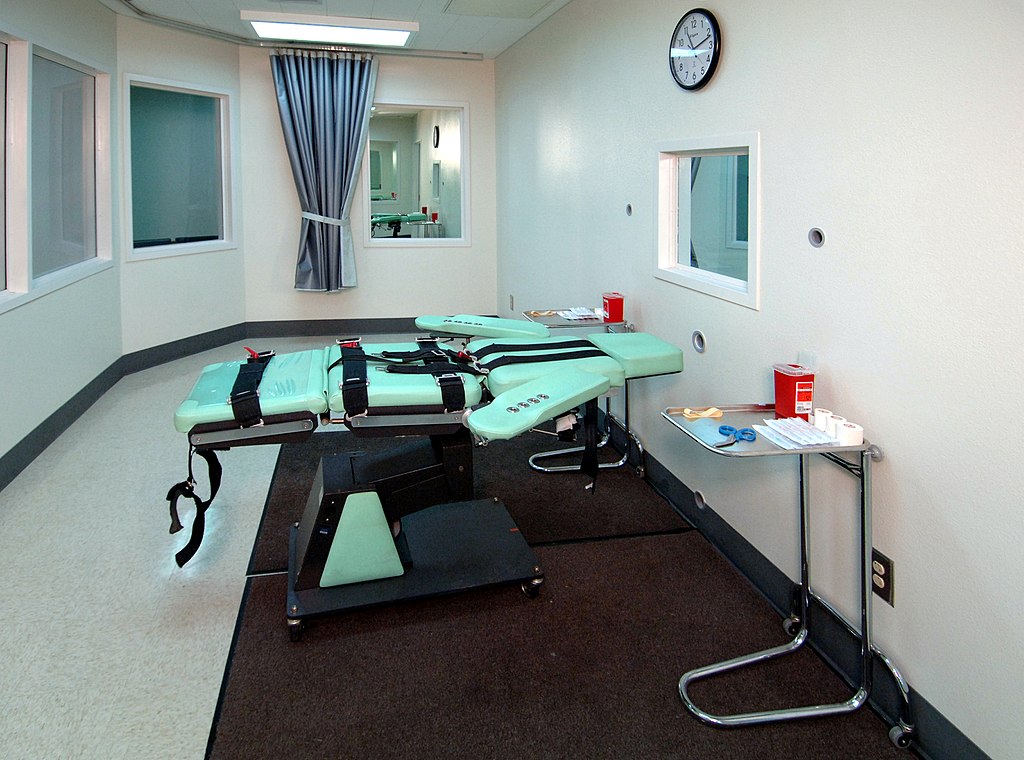Supreme Court refuses to hear broad challenge to death penalty

Photo By CACorrections, via Wikimedia Commons.
The U.S. Supreme Court on Monday refused to hear a case broadly challenging the death penalty while also challenging Arizona’s system for making death penalty determinations.
The Supreme Court turned down the cert petition by Abel Daniel Hidalgo, who was convicted for murdering one man for pay and fatally shooting a bystander. Justice Stephen G. Breyer Jr. wrote a statement that agreed with the cert denial, only because of an undeveloped factual record concerning Arizona’s system. The New York Times, the National Law Journal, SCOTUSblog and USA Today covered the cert denial.
Hidalgo raised two issues. One asked whether the death penalty violates the Eighth Amendment in light of contemporary standards of decency.
Breyer has previously argued that the constitutionality of the death penalty should be examined. But Breyer highlighted Hidalgo’s other issue in his statement, which was joined by Justices Ruth Bader Ginsburg, Sonia Sotomayor and Elena Kagan.
Hidalgo had asserted Arizona’s capital punishment scheme included so many aggravating circumstances that virtually every defendant convicted of first degree murder is eligible for the death penalty.
Hilalgo had supported his case with evidence obtained from public records requests on murder cases in Maricopa County between 2002 and 2012. Out of 866 cases, 856 had aggravating circumstances making the defendants eligible for the death penalty.
The Arizona Supreme Court rejected Hidalgo’s Eighth Amendment challenge. Breyer said the Arizona Supreme Court misapplied precedent, but the record was undeveloped because a state trial court had denied Hidalgo’s request for an evidentiary hearing. (His statement apears on the 15th page of the order list.)
“In support of his Eighth Amendment challenge, the petitioner points to empirical evidence about Arizona’s capital sentence system that suggests about 98 percent of first-degree murder defendants in Arizona were eligible for the death penalty,” Breyer said. “That evidence is unrebutted. It points to a possible constitutional problem. And it was assumed to be true by the state courts below. Evidence of this kind warrants careful attention and evaluation.”



